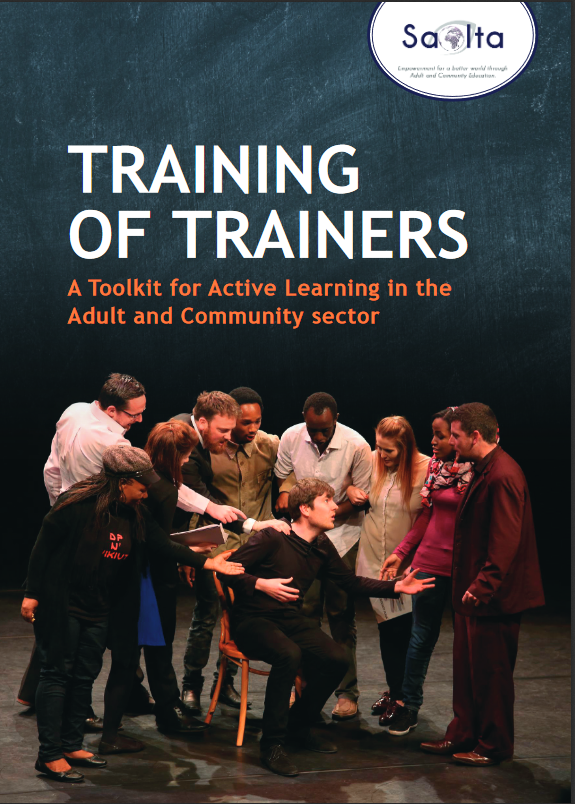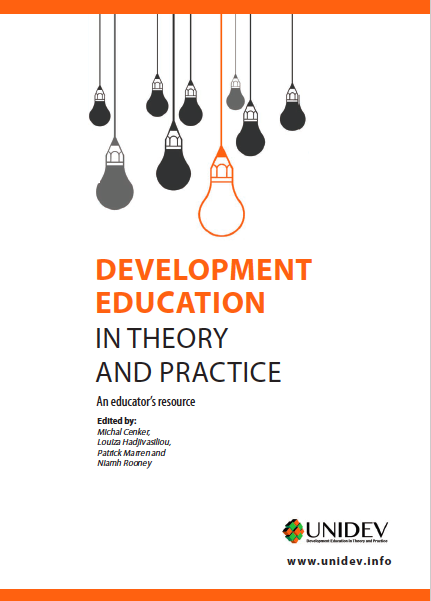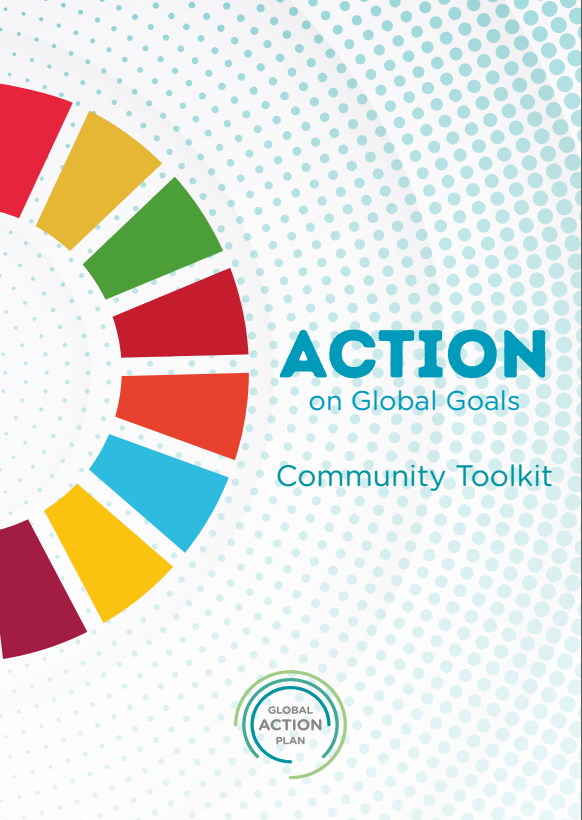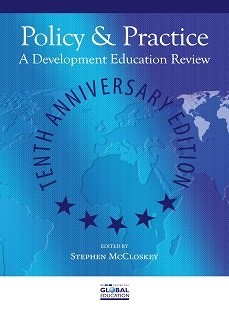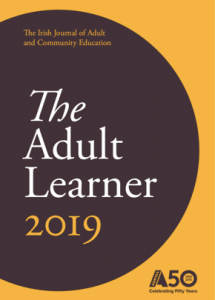This feature is based on ideas, suggestions and queries raised during a joint webinar led by Stephanie Kirwan and Tony Daly on trends, good practice ideas and entry points for anyone interested in producing Development Education (DE) resources in an Adult and Community Education (ACE) context. The webinar involved over 50 people, held on the 22 April, 2020. This feature also introduces some recommendations for further reading and engagement.
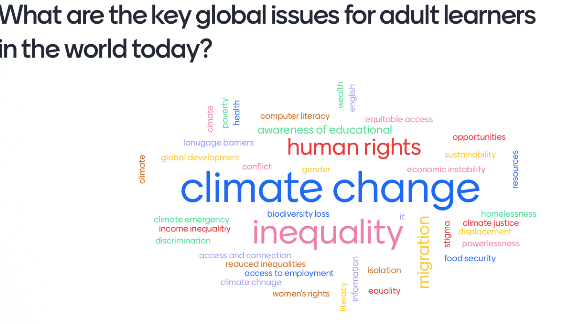
- Feedback from the webinar participants, April 2020. By developmenteducation.ie and Saolta
Where to begin when making development education resources?
Should we produce a resource? What impact do we hope to achieve, and how might this resource achieve it? What’s the point of including an ISBN?
Why is thinking about images, visual messages and permissions from people being photographed important? What’s been done on this topic and are we just duplicating work or is it time to update it?
What global development issues do we want to focus on, such as cancelling developing country debts, women’s rights or business & human rights – and why? What qualifies as a resource – teaching materials, digital products, videos, posters and booklets? And what about the action agenda and next steps?
Welcome to the world of producing resources.
A go-to walkthrough on where to start was produced with these questions – and more – in mind. The Guidelines for Producing Development Education Resources produced by Dóchas, The Irish Development Education Association and DevelopmentEducation.ie is a step by step guide that brings you from start to finish on how to create Development Education resources and strategically think about the component parts (educational, issue-based, format type, marketing etc.). It includes a 20 question checklist of action ideas for the project leader(s).
Our recommendation – start here to begin mapping some of the key questions and potential options you might want to explore in developing a strategic, focused scaffold for your development education resource.

Let us begin with three realities that shape our world
Reflecting on the consequences of our unequal world, in all its dimensions and geographies, particularly with regard to who wins, who loses and why this is so, is at the centre of a development education approach. Here are three realities of that world (there are many more!):
1. The wealth of billionaires increased by more than 40% in the period after the global financial crash, 2008 – 2016.

At US$1.25 a day, with the current model of economic growth (capitalism), it would take 100 years to eradicate extreme poverty and at US$5.00 a day, it would take 207 years.
2. What does the following map tell us about the production of information?
What are the implications of this for consumers of information or on the geography of production and ‘the commons’ of Wikipedia edits?
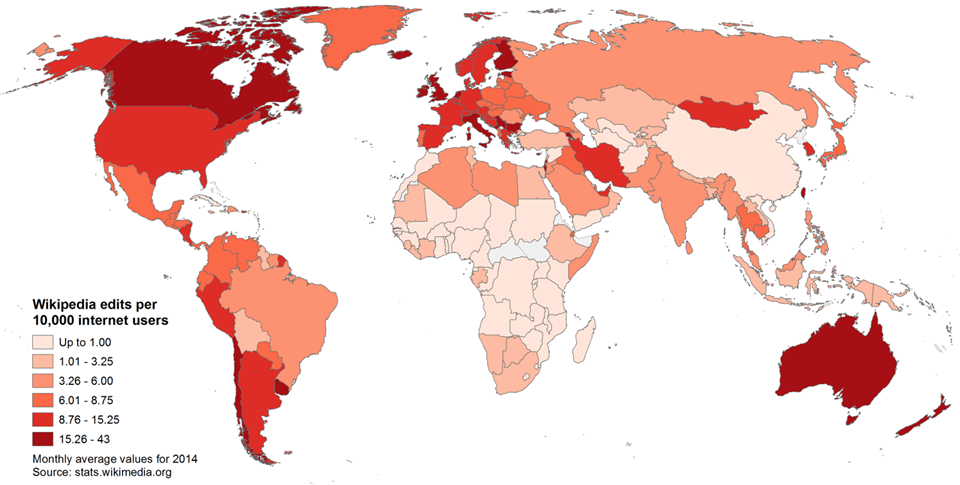
3. The intensive and escalating use of natural resources through human activity is putting increasing pressure on a series of planetary boundaries.

- Poster: Greenpeace
Earth’s systems thresholds are past their ‘tipping points’: the idea of passing an irreversible shift, such as climate change, biodiversity and species loss, ocean acidification etc. How might we fast track a just transition to a more sustainable way of consuming and producing natural resources?
Three Development Education resources for the Adult & Community Education sector
With so many great resources to choose from we wanted to highlight just three of our go to resources for Development Education.
Three academic journals
When creating development education resources, having accurate information, multiple perspectives and evidence-based theory is key. Here are three journals worth checking out.
Three videos
Videos are a valuable source of DE information and here are just three to get you started. The three videos are from Naomi Klein, Chimamanda Ngozi Adichie and RadiAid.
Listen to Naomi Klein’s inspiring 15-min TED talk How Shocking Events Can Spark Positive Change
Watch author Chimamanda Ngozi Adichie masterfully guide you through the danger of telling a single story (or perspective). Now check out the Africa Is A Country blog
Be prepared to turn things on their head. Look to the Radi-Aid ‘Africa for Norway’ stunt, if this was the only reference point for people in Africa to learn about Norway? Check out the work of Radi-Aid, including their Rusty or Golden Radiator awards. Now use the code of conduct on images and messages, developed by development educators in the Dóchas network.
Three websites
The resources library here on developmenteducation.ie houses hundreds of resources in different formats, mainly sourced in Ireland. As well as checking what has been produced already (always a good idea!). A national audit of development education resources is also available. The audit is being updated in 2020 – suggestions/observations to the study are welcome!

Earth School has been produced by TED Ed and the UN Environmental Programme in 2020 as part of the 50th anniversary of Earth Day during the Covid-19 pandemic, this portal is chock-full of inspiring ed. methods and topic approaches from digital learning contexts and consists of 30 days of nature-focused content and environmental adventures for learners of all ages.

Solidarity groups – while this recommendation isn’t a single website, it is a suggested approach. There are dozens of solidarity groups in Ireland that may be doing work led by people directly involved diaspora work, for example, Latin American solidarity with members from Brazil, Colombia, Guatemala communities etc, solidarity with Palestine, Nepal, the Rohingya, with members of the African diaspora community in Ireland, active Fairtrade town committees, regional one world centres in Galway and Belfast, membership groups such as Comhlámh for individuals, the Irish Development Education Association for development education interest groups and Dóchas for development NGOs and groups. Reach out, make contact and seek to test ideas and work in partnership. There is – and continues to be – a long history of global solidarity education and action.
And now for something completely different
It’s always worth looking at the work of others for ideas in exploring the potential for education on global development issues. Here are three ideas worth checking out:
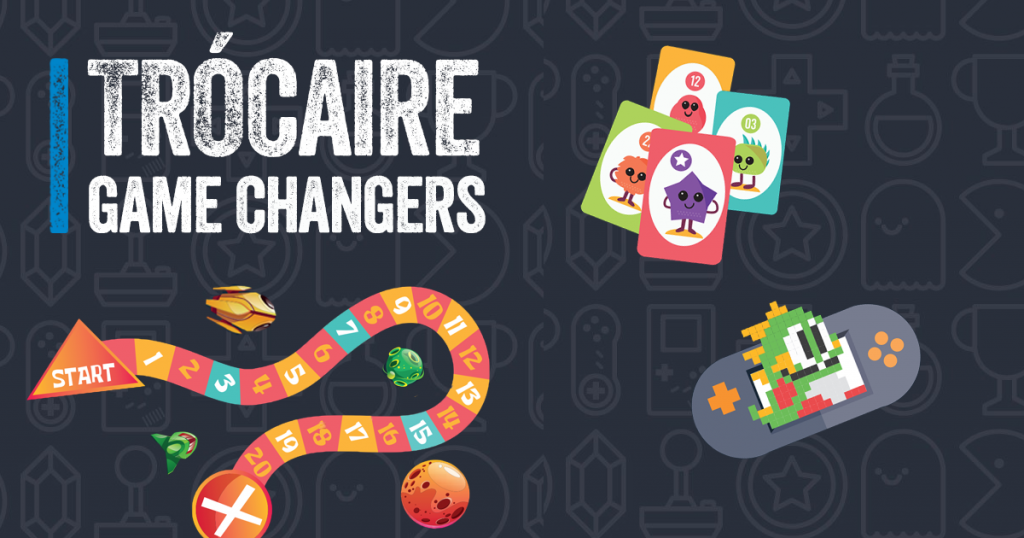
Game Changers – the ‘home challenge’ programme led by Trócaire encourages the creation of games by groups of people to encourage critical reflection and exploration of issues such as climate change, business and corporate social responsibility through different types of game structures, whether card games, board games, online games or more.
La Lucha is a nonfiction graphic novel story featuring the real life stories of women human rights defenders (WHRDs) in northern Mexico who confront lethal challenges in order to promote human rights, justice and accountability.
An experiment in the making by Frontline Defenders to push the boundaries of popular education on human rights.

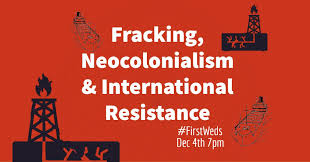
First Wednesday Debates – checking in on some of the big debates and ideas in development, human rights and situations as they arise and change is an essential part of staying up to date. For a constant fixture in the development education events calendar for more than three decades check out the First Wednesday Debates led by Comhlámh, the returned overseas development workers organisation. For notices, recordings and live casts of debates keep an eye on their Facebook feed.
Stay connected, please get in touch with any questions you may have (or suggestions!)
Development Perspectives – https://www.developmentperspectives.ie
DevelopmentEducation.ie – https://developmenteducation.ie
Note: These projects are part-funded by the Department of Foreign Affairs and Trade (DFAT). The content of this communication represents the views of the authors only and do not necessarily represent or reflect DFAT policy.

